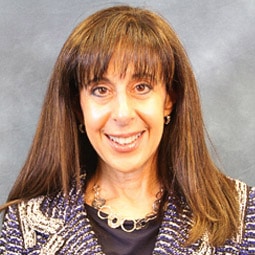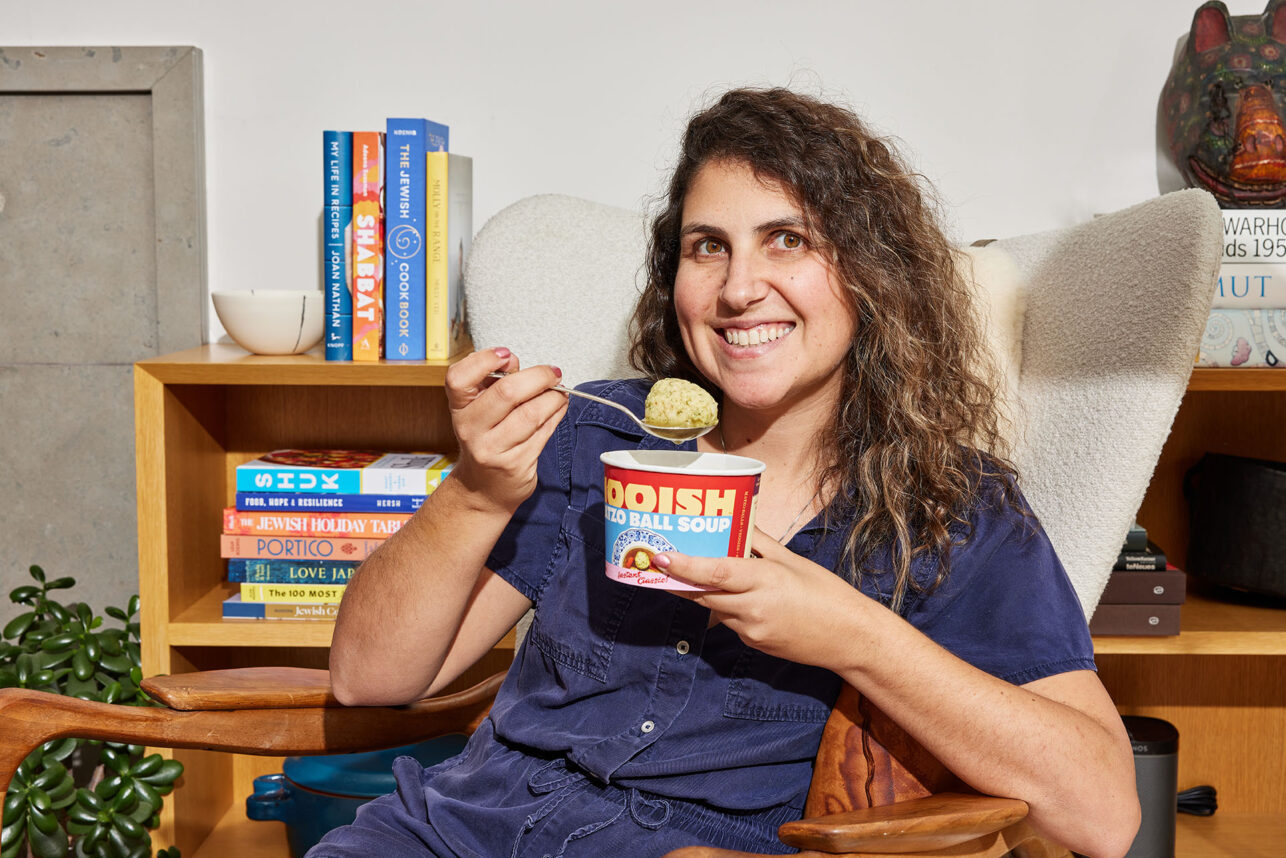
We now are in the midst of an unprecedented world health crisis, of which the length and depth of destruction still are unknown. It will be interesting to see whether, as our uncharted course continues to evolve, society will rethink the bad rap religion has been receiving as of late in the United States.
The current distancing of our mainstream society from religious tradition is an unfortunate byproduct of a world that increasingly prizes autonomy and personal preferences. Even so, it is a positive sign that many people of different religious backgrounds still observe the traditions they find personally meaningful.
Maintaining religious rituals and participating in religious-based activities not only help preserve distinct cultural-religious traditions but also has been shown to afford important personal benefits to individuals and families. At this time, these benefits are especially important.
In November, 2019, a study by the American Enterprise Institute documented how participation in religious activities among American families, including religious education, is a strong downward trend. Although nearly two-thirds of Americans agree that raising children in a religious tradition is important because it reinforces good values, only 53% of young adults agree with this view. Interestingly, the study found that even among people who are religiously affiliated, young adults are less likely to see the importance of religion compared to senior adults.
The declining appreciation for religious tradition in the general society mirrors the all-too-familiar findings of the 2013 Pew Report of the Jewish community, which revealed that the percentage of American adults who say they are “Jews by religion” has declined since the 1950s. In contrast, “the number of people with Jewish upbringing who consider themselves Jewish but describe themselves as atheist, agnostic or having no particular religion appears to be rising.”
Fewer houses of worship may not be the only casualty of this trend away from religious observance. A 2018 study by the Harvard T.H. Chan School of Public Health showed that children brought up with weekly attendance at religious services reported greater degrees of happiness as young adults as compared with other children. They also were 29% more likely to engage in volunteer activities and 33% less likely to use illicit drugs. Additional studies also have demonstrated a connection between involvement in religious life and better health outcomes.
Plenty of anecdotal evidence also supports the view that religion has tremendous potential for adding meaning to life and providing a path for coping with difficult times. The idea that religion can provide an important foundation for personal well-being pushes back against the current trend that devalues religion.
The current distancing of our mainstream society from religious tradition is an unfortunate byproduct of a world that increasingly prizes autonomy and personal preferences.
In these difficult times, parents might do well to ponder the benefits of providing children with at least some exposure to religious tradition, even if they are not inclined to join the ranks of the most religiously observant. The good news for people wanting to raise their children with some degree of Jewish tradition is that Judaism’s action-rich religion provides a wealth of opportunity for parents to lay the groundwork for a lifetime of spiritual health. For religiously liberal Jews, observance does not have to be an all-or-nothing proposition. Given the beauty of Jewish tradition and its power to add meaning to our lives, Jews of all levels of observance can benefit from some consistent Jewish practice, even if that practice is “remixed.”
A key element of a remixed approach to Jewish tradition is infusing select aspects of authentic Jewish tradition with personal meaning. A second element of remix is consistent observances of these selected practices. Although annual celebrations such as Passover are important, a weekly celebration of Shabbat, even in a remixed fashion, provides a vital opportunity to imbue family life with Jewish tradition.

Consider the benefits of celebrating just a one-hour, technology-free Shabbat dinner on Friday night with candle lighting and blessings over the challah and wine. This is a feasible goal for most busy families and has the potential for laying a solid groundwork for appreciating the benefits of Shabbat, one of the foundational elements of Jewish practice. Similarly, the rules of keeping kosher provide families with ample opportunities to select and consistently observe elements of Jewish tradition that can be fused with concern for other causes, such as animal welfare and the environment.
Parents who seek to transmit some religious and cultural elements of Jewish tradition must thoughtfully develop and implement personal and family norms of ritual observance. For families who have no interest in living completely according to Jewish law, what matters most is framing their chosen ritually based practices in a positive manner so children learn to respect and value Jewish tradition. Children need to be taught to love Jewish tradition in general and to appreciate the value the authentic rituals practiced by their families can bring to their lives.
Children need to be taught to love Jewish tradition in general and to appreciate the value the authentic rituals practiced by their families can bring to their lives.
This remixed approach to Jewish tradition has great potential to convey to children the importance of religious tradition, and it can provide a path for developing a Jewish journey that is viable for the majority of American Jewish families. Equally important, it provides parents with a way to invest in the spiritual and emotional health of their children.
Our current situation provides a perfect opportunity for parents to contemplate how to best nurture the spiritual development of their children.
Roberta Rosenthal Kwall is the Raymond P. Niro Professor at DePaul University College of Law. She is the author of “Remix Judaism: Preserving Tradition in a Diverse World” (Rowman & Littlefield, 2020), “The Myth of the Cultural Jew”(Oxford University Press) and “The Soul of Creativity” (Stanford University Press).
























 More news and opinions than at a Shabbat dinner, right in your inbox.
More news and opinions than at a Shabbat dinner, right in your inbox.